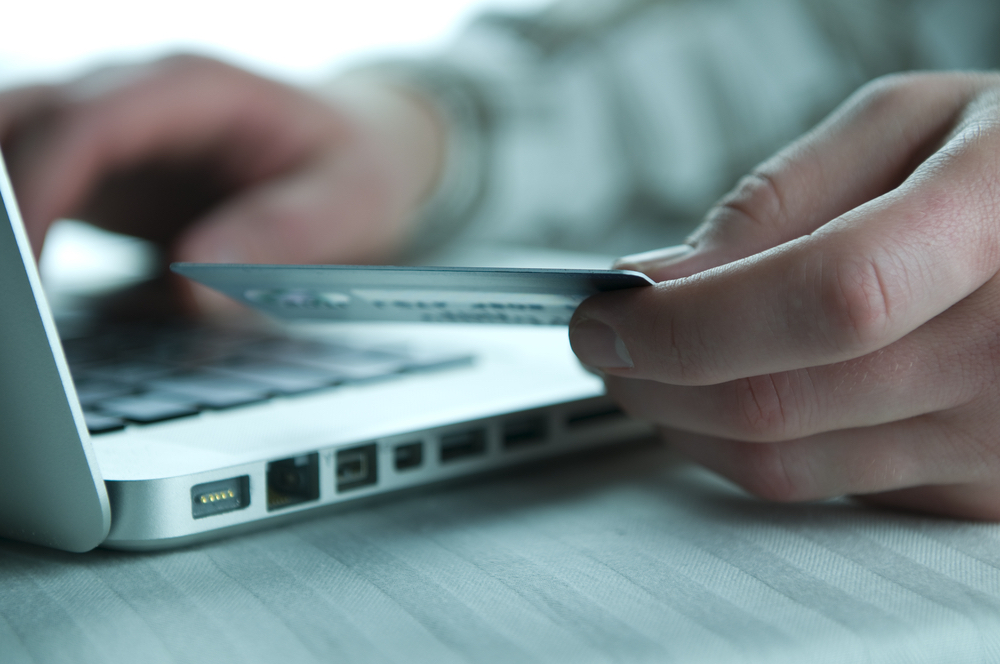ADHD and Impulsive Buying: How to Stop the Battle for More Peace with Your Money
Have you ever gone to Costco for toothpaste and toilet paper, but by the time you check out, your cart is overflowing with a large box of Reese’s, a mega box of the sampler you tasted, and a barrage of newly marked-down household items? Most of us buy things we don’t plan on buying from time to time. When you live with ADHD, it can be tough to give up the instant rush of satisfaction from impulsive buying.
ADHD and Impulsivity
When we make purchases, our brains release endorphins and dopamine. Endorphins are neurotransmitters your body releases to decrease pain and increase pleasure. Endorphins fasten to the reward center in the brain, causing dopamine to be released. 
The neurotransmitter, dopamine, is associated with reward and pleasure. Dopamine motivates you to perform an action repeatedly.
An individual with ADHD who shows extremely impulsive behavior tends to have irregular levels of dopamine.
In a study, Dopamine, Time, and Impulsivity, researchers showed that increased levels of dopamine caused a greater likelihood of instant gratification and reward.
Researchers found that individuals who experience impulsivity and dopamine irregularity, encounter “temporal discounting,” where the value of a reward loses its magnitude the longer it’s delayed. When individuals show a sustained interest in a delayed reward, they are said to have “less discounting,” and more self-control.
They also showed that sensory inputs -- sights, sounds, smells, and anticipation of rewards, made individuals act more impulsively.
Another study, Impulsive, weak-willed, or just too much dopamine? highlights the role of dopamine in impulsive behavior. The conclusions in this research showed that increased levels of dopamine tend to bring about a greater likelihood to select instant gratification, rather than wait for a more beneficial reward.
These studies help us understand why ADHD and related challenges, which are associated with irregular dopamine functioning, can lead to impulsive behavior.
Here are three powerful ways to overcome battles with impulsive buying so you can have more control over your finances and make choices that enhance your life.
Recognize Emotional Spending
Quick Tips:
• If you find yourself repeatedly buying items that are more pleasurable than practical, check in with yourself and allow yourself to feel what’s going on.
• Rather than withdrawing into a shopping spree, journal, meditate or check in with a friend.
• Go for a walk, or imagine a calming place, to get a change of scene.
Create A Plan To Delay Purchases
Impulsivity can lead to overwhelm and inaction and cause hasty decision-making to relieve the pressure.
A time horizon measures how close in time an event must be for you to “see” it and act.
For example, even when you know you have your rent to pay, it can be difficult to see into the future until it’s time to pay it. Instead, the ADHD brain can act in the "now" rather than focusing on what needs to happen later.
Quick Tips:
• To stop the urge to buy now you first must see your time horizon by creating a visual plan.
• Create a budget: Create a line item for each category or like groupings of items you tend to purchase and for which you need to reserve finances.
• Use a spreadsheet or app to note your purchases against your budget for each category.
• Note where you may tend to impulse-buy.
Practice Self-Control
According to research by Ridgeway, Kukar-Kinney, and Monroe (2006), impulse buyers seek novelty items and are hyperactive, two characteristics of individuals with ADHD.
Quick Tips:
When confronting a buying situation, reflect on how your answers to the following may conflict with your goals and values:
• Identify what it would mean for you to stop buying impulsively?
• If you curbed your buying habits, what would life look like for you?
• What monetary goals are you hoping to achieve?
• What would it mean for your financial well-being?
• What can you do to resist any potential conflict with your goals and values?
To sum up, when you live with ADHD, it can be tough to resist impulsive buying. To have more control over your finances and make choices that enhance your life:
Recognize Emotional Spending
Create A Plan to Delay Purchases
Practice Self-Control
Warmly,
PS. Need support managing impulsivity living with ADHD?
Contact me for an ADHD Strategy Assessment and we’ll set up a plan so you can start problem-solving with more peace and calm!
Transforming Parents Lives
Three Promising Ways to Manage Meltdowns for More Calm with ADHDSix Powerful Ways to Regulate ADHD and Intense Emotions

